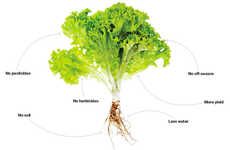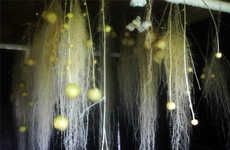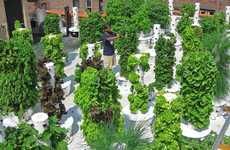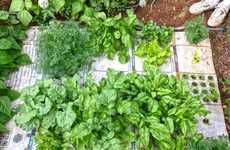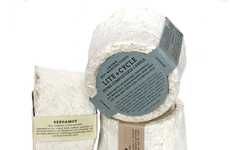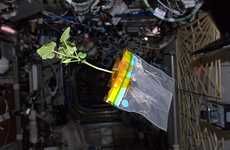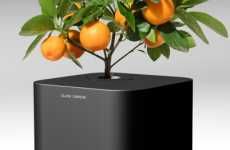


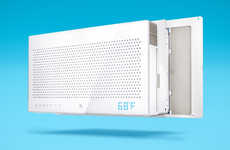
Instead of consuming less, users turn to automated ways to conserve
Implications - As the eco movement shows no sign of slowing down, consumers are turning to automated means of conserving instead of actively reducing. This shift towards automation in industries beyond the traditional sphere signifies a consumer preference for ways to enjoy new technologies without loss of convenience.
Trend Themes
1. Automated Conservation - Consumers are showing a preference for conserving resources through automated means, sparking innovation opportunities in the development of smart, efficient and sustainable appliances.
2. Smart Systems - The integration of artificial intelligence and machine learning in various industries is fueling the development of smart systems that can predict, anticipate and respond to user needs.
3. Urban Agriculture - The growing demand for locally-sourced, sustainable food is driving the development of smart agriculture systems that use technology to increase efficiency, reduce waste, and ensure optimal growth for plants.
Industry Implications
1. Home Appliance - Home appliance manufacturers can develop smart, efficient and sustainable appliances that use automated means to conserve resources in response to consumer preference.
2. Artificial Intelligence and Machine Learning - Industries can leverage the integration of artificial intelligence and machine learning to develop smart systems that can predict, anticipate and respond to user needs, as seen in smart air conditioning and agriculture systems.
3. Sustainable Agriculture - The trend towards urban agriculture presents business opportunities for companies to develop smart agriculture systems that increase efficiency, reduce waste, and ensure optimal plant growth for locally-sourced and sustainable food production.




